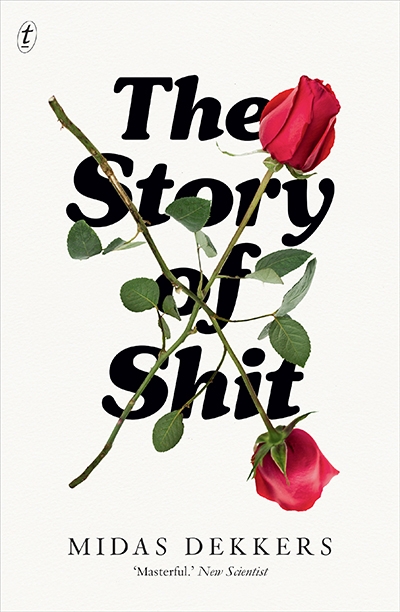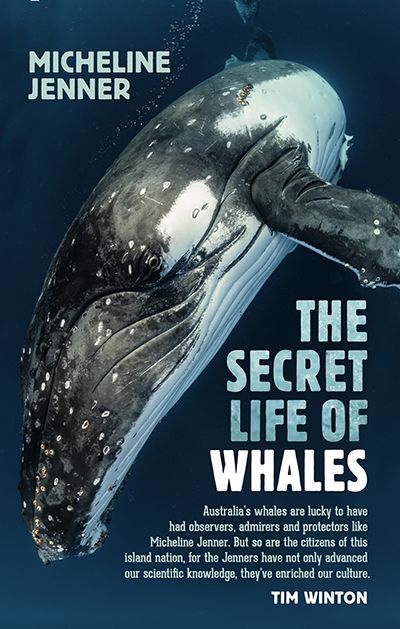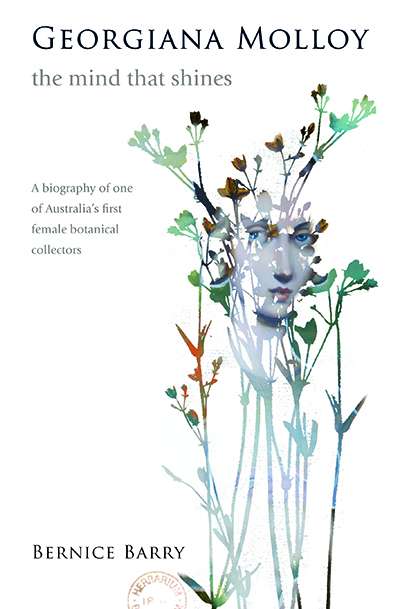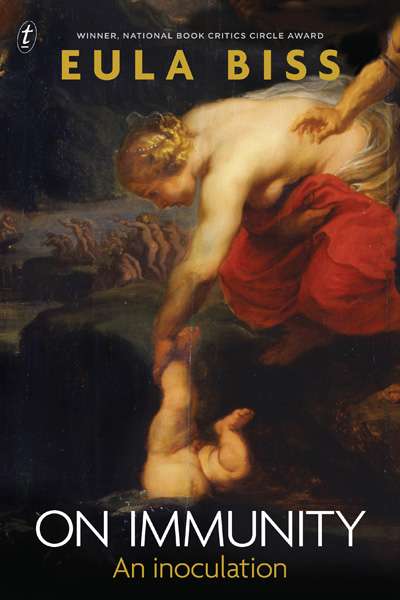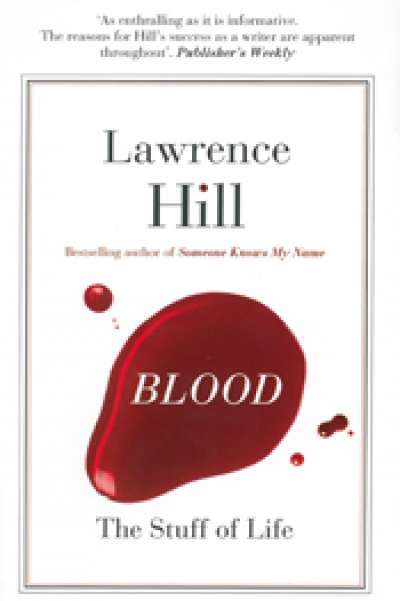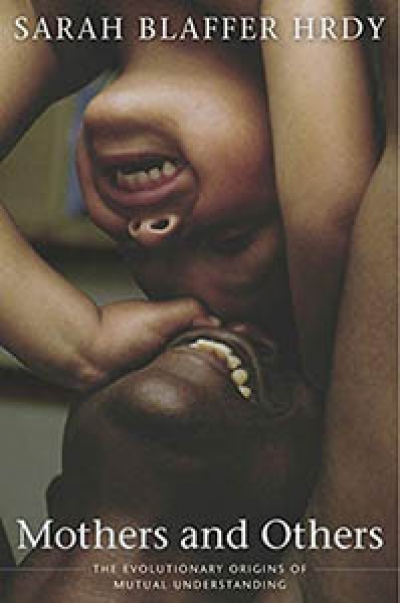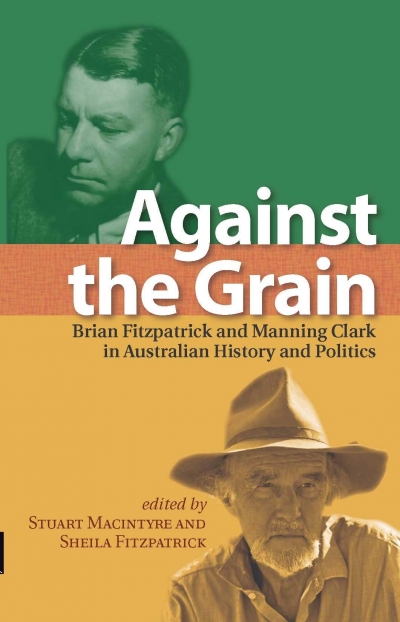Biology
The Story of Shit by Midas Dekkers, translated by Nancy Forest-Flier
by Lauren Fuge •
The Secret Life of Whales: A marine biologist’s revelations by Micheline Jenner
by Rachael Mead •
Mothers and Others: The evolutionary origins of mutual understanding by Sarah Blaffer Hrdy
by Michael Gilding •
Against the Grain: Brian Fitzpatrick and Manning Clark in Australian history and politics edited by Stuart Macintyre and Sheila Fitzpatrick
by Nick Fischer •

